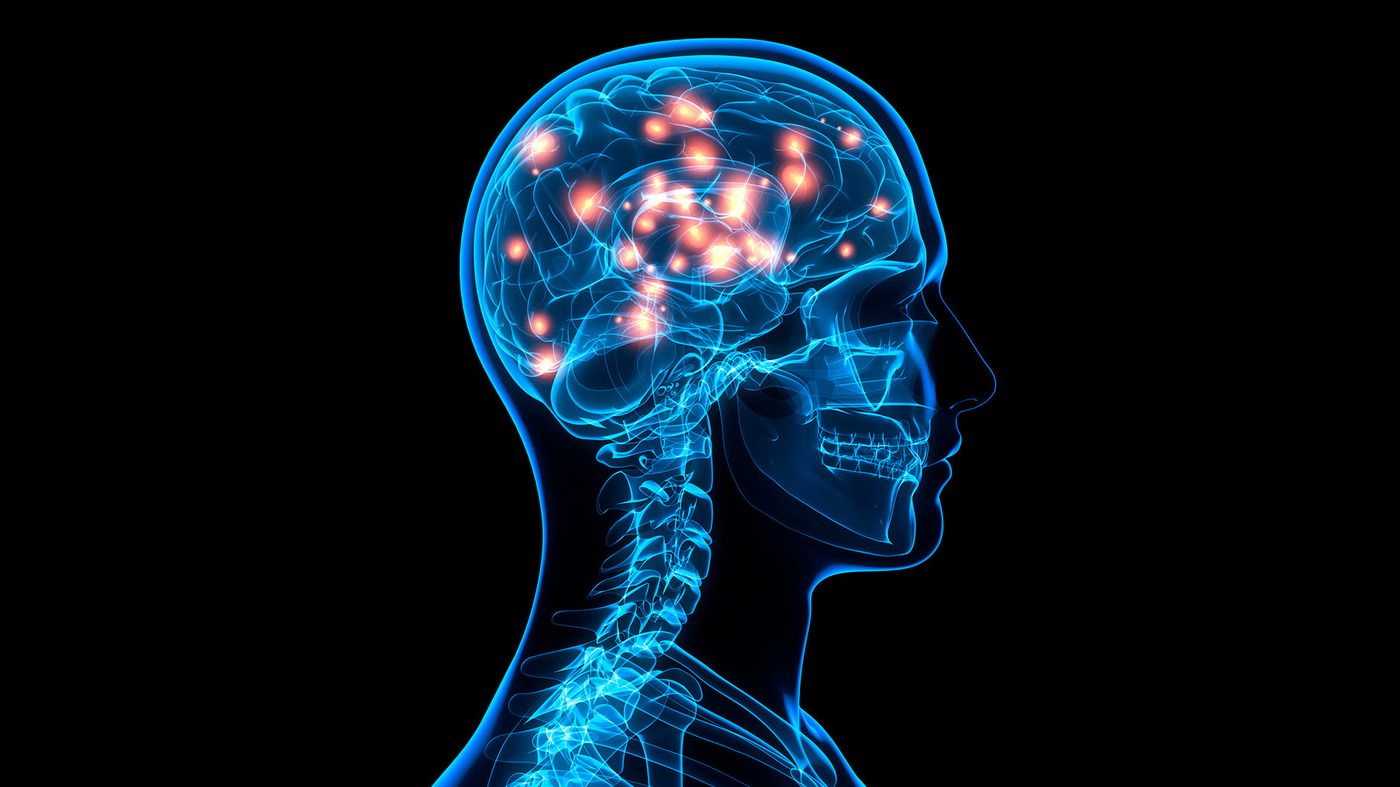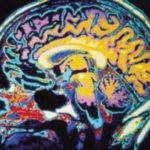A new study has found that a commonly used type of drug therapy for Alzheimer’s disease may also efficiently treat Primary Progressive Aphasia (PPA), according to a team of researchers at Northwestern University Feinberg School of Medicine.
PPA, a form of dementia impairing areas of communication like speech and language, is often diagnosed before age 65, worsening over time.
“PPA is a devastating dementia. Patients are essentially intact in all other areas except their language for many years, and they feel this loss acutely,” said Changiz Geula, an author of the study.
To help reduce symptoms of Alzheimer’s, patients are given a class of drugs called cholinesterase inhibitors, which blocks acetylcholine, a neurotransmitter responsible for learning and memory. In the study, researchers uncovered that patients with PPA experience a similar decrease in cholinergic neurons and axons in the forebrain compared to patients with Alzheimer’s, leading to the possibility that cholinesterase inhibitors may provide beneficiary effects.
For this study, researchers focused on a particular type of PPA exhibiting the plaques and tangles, a typical Alzheimer’s pathology. Patients with this type of PPA generally did not receive cholinesterase inhibitors nor participated in clinical trials.
“That’s why our study is so important for patients. No one knew before that this cholinergic system is devasted in patients with PPA associated with Alzheimer’s but we’ve now demonstrated that and have justified the need for clinical trials with this therapy.”
“The findings provide the basic scientific foundation to spur a clinical trial to test the treatment on patients with PPA,” Geula added.
The study was published in the journal Neurology.

